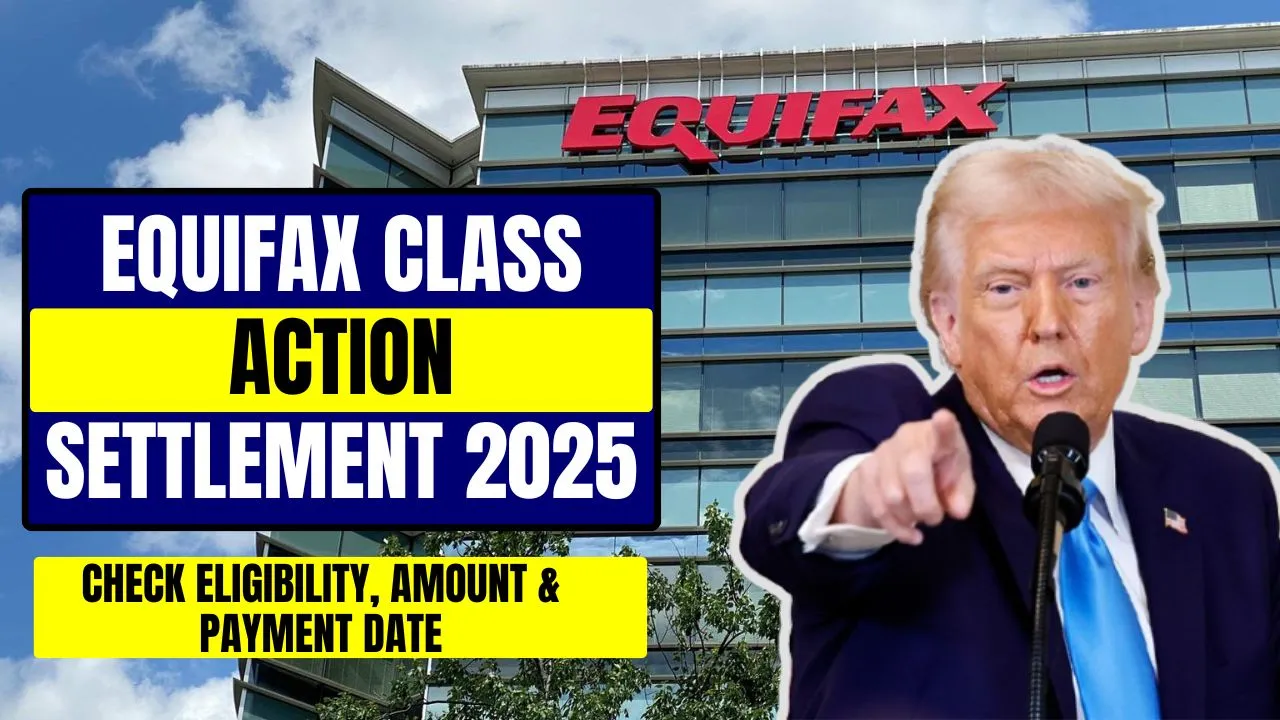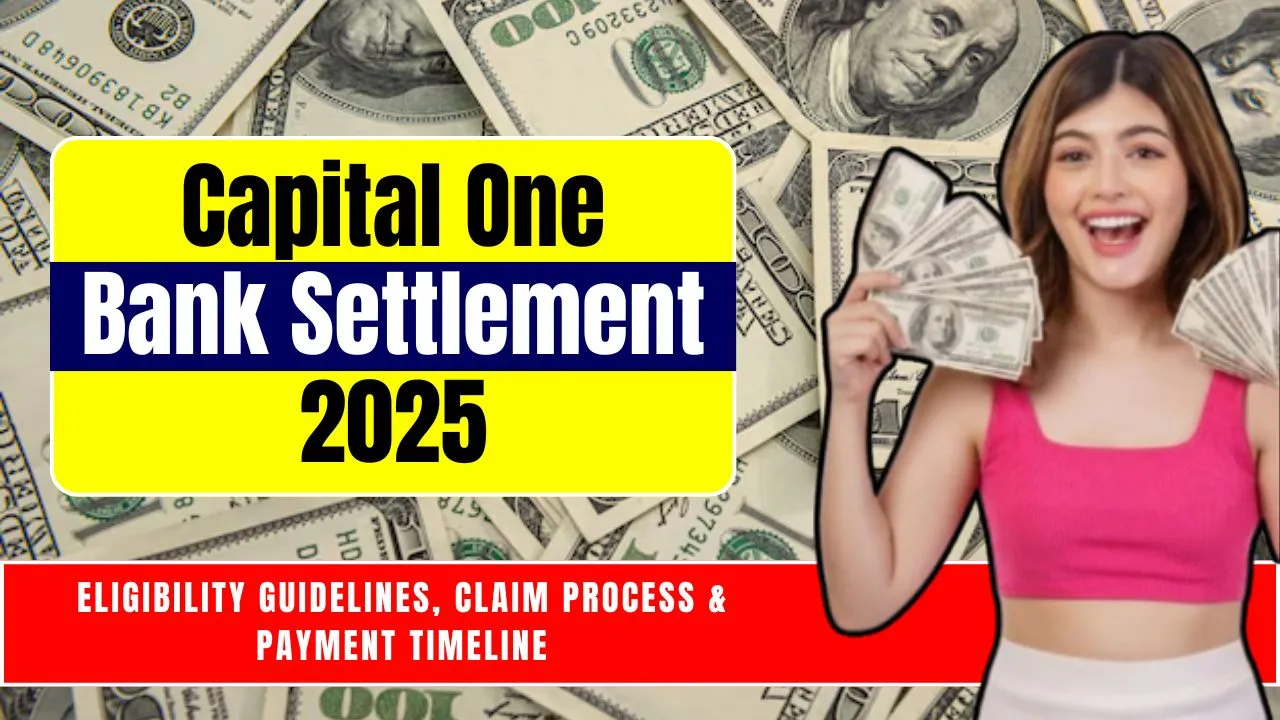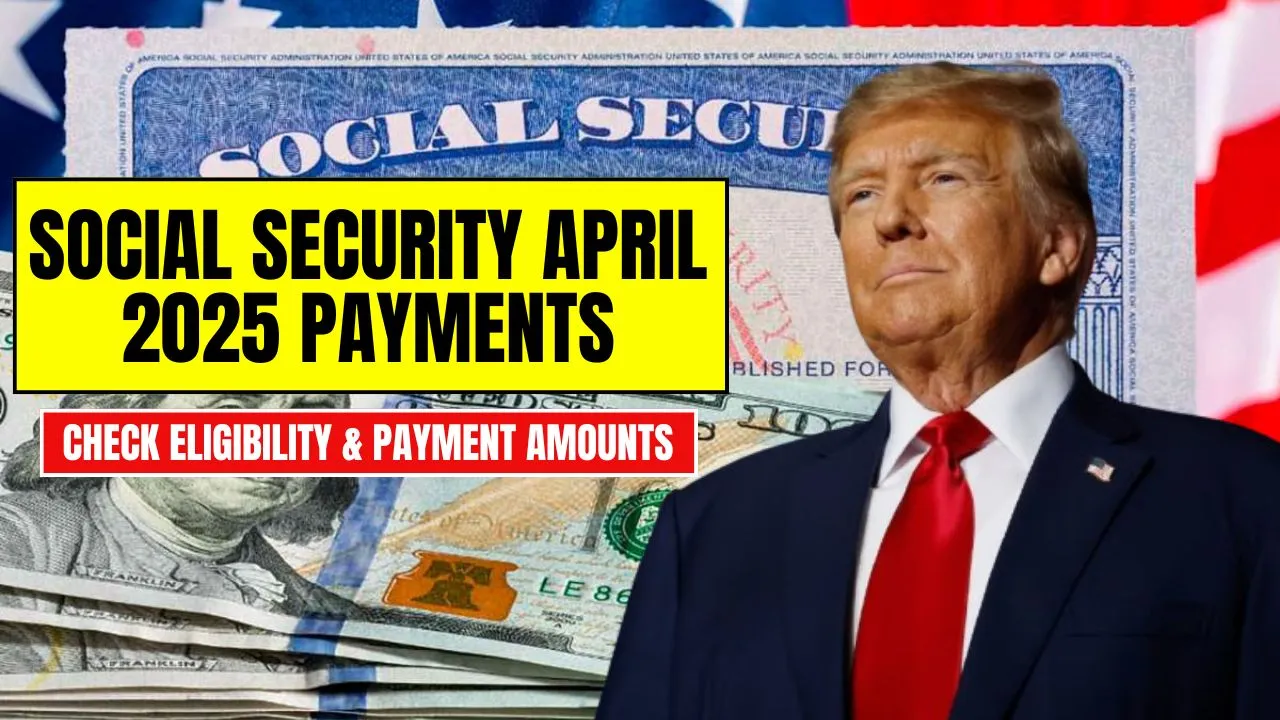Social Security Overpayment 2025: Millions of Americans rely on Social Security payments to meet basic needs like food, housing, and healthcare. But in 2025, many beneficiaries were shocked to receive letters from the Social Security Administration (SSA) demanding repayment of benefits they were allegedly overpaid—sometimes years ago. The SSA has resumed a controversial effort to recover $2.7 billion in Social Security overpayments, sparking public concern and debate over fairness and accountability.
As debt collection efforts ramp up, individuals—especially low-income seniors and people with disabilities—are being asked to repay large sums of money. With little warning or explanation, many are left confused and financially distressed.
Social Security Overpayment 2025
The Social Security Overpayment 2025 issue highlights a growing crisis within the SSA system. During the COVID-19 pandemic, debt collections were paused to offer temporary relief. Now that the public health emergency has ended, the SSA has resumed collecting overpaid benefits—funds it claims were issued in error.
Roughly 1 million people are being asked to repay overpayments, some of which date back years or even decades. In total, the SSA is attempting to recover $2.7 billion, making this one of the largest overpayment recovery efforts in recent history. For many, this process feels abrupt, unfair, and overwhelming.
Overview Table: Social Security Overpayment 2025
| Aspect | Details |
| Total Overpayment Amount | $2.7 Billion |
| Number of People Affected | About 1 million |
| Programs Affected | SSDI, SSI, Retirement, Survivor benefits |
| Common Causes | Unreported income, living changes, SSA errors |
| Repayment Options | Reconsideration, waiver, repayment plans |
| Policy Changes by SSA | Easier notices, flexible terms, waivers for agency errors |
| Public Concerns | Financial stress, lack of clarity, unfair burden on vulnerable individuals |
Why Is the SSA Resuming Debt Collection?
During the pandemic, the SSA suspended several enforcement efforts to help beneficiaries manage financial uncertainty. However, with operations returning to normal, the agency is reinstating its policies.
The goal is to reclaim funds that were mistakenly paid due to:
- Unreported income changes
- Changes in living arrangements
- Work activity while receiving disability benefits
- Internal administrative errors
Now that regular procedures are back in place, those who received excess payments—whether knowingly or not—are being contacted to repay what the SSA deems they owe.
What Are Social Security Overpayments?
Social Security overpayments happen when beneficiaries receive more money than they were entitled to. These errors can result from:
- Failing to report increased income
- Not updating the SSA about marital or living status changes
- Returning to work while on disability
- SSA’s internal calculation or processing errors
Often, recipients are unaware of the mistake until years later when they receive a repayment notice. These unexpected letters can be financially and emotionally devastating, especially for those on fixed incomes.
Who Is Affected by This Crackdown?
The SSA’s renewed efforts impact recipients across various benefit categories, including:
- Retired workers
- People receiving Social Security Disability Insurance (SSDI)
- Individuals on Supplemental Security Income (SSI)
- Survivor and dependent beneficiaries
Some people have been asked to repay small amounts, while others owe tens of thousands of dollars. The sudden nature of the notifications has raised alarms among advocacy groups and lawmakers alike.
Public Reaction and Concerns
The widespread response has been one of frustration and fear. Many beneficiaries say they had no idea they were being overpaid and had no way to detect or correct the error.
Concerns include:
- Lack of clear explanations in the SSA’s overpayment notices
- Financial hardship caused by large repayment demands
- Rigid repayment terms that don’t consider the recipient’s income level
- Emotional stress and anxiety triggered by surprise letters
Advocates argue that beneficiaries shouldn’t be punished for agency errors—especially when they acted in good faith.
SSA’s Response and Policy Changes
Facing mounting criticism, the SSA has acknowledged the need for change. According to Acting SSA Commissioner Kilolo Kijakazi, the agency is reviewing its processes to ensure fairness and clarity.
Improvements being discussed or implemented include:
- Simplified and clearer overpayment notices
- More flexible repayment options based on financial ability
- Waivers for overpayments caused by SSA errors when beneficiaries acted responsibly
- Updated tracking methods to prevent future errors
While these steps are a move in the right direction, they do not erase existing overpayment debts.
What Can Affected Individuals Do?
If you’ve received a Social Security overpayment notice, don’t panic. There are options available:
1. Review the Notice Carefully
Read the letter thoroughly. Understand the amount owed, the cause of the overpayment, and the deadline to respond.
2. Request a Reconsideration
If you believe the notice is incorrect, you can file a Request for Reconsideration. This pauses collection efforts until your case is reviewed.
3. Apply for a Waiver
You may qualify for a waiver if:
- The overpayment wasn’t your fault
- Repaying would cause financial hardship
There is no deadline to request a waiver, and no legal help is required.
4. Set Up a Payment Plan
If you agree with the debt but can’t pay it in full, contact SSA to establish affordable monthly payments.
5. Seek Assistance
Reach out to your local SSA office or a nonprofit legal aid group for help navigating the process.
Broader Issues Behind the Numbers
The $2.7 billion overpayment figure highlights deeper systemic problems:
- Outdated SSA technology makes tracking changes in beneficiaries’ lives difficult
- Understaffed offices delay error detection and communication
- Lack of beneficiary education about reporting rules and responsibilities
- Complex policies that are hard for the average person to understand
These underlying issues contribute to accidental overpayments—and leave recipients shouldering the consequences.
Fair Enforcement or Unjust Burden?
The effort to recover Social Security Overpayment 2025 funds raises an important question: is it fair to hold beneficiaries responsible for agency mistakes?
While accountability for public funds is important, the current process has been criticized as too rigid and harsh—especially for vulnerable individuals who depended on those payments for survival. Advocacy groups and some lawmakers are calling for legislative changes that protect low-income seniors and people with disabilities from undue harm.
Conclusion
The Social Security Overpayment 2025 issue is a wake-up call for both policymakers and the public. While it’s reasonable for the SSA to recover funds that were improperly distributed, the current approach has left many Americans—especially those most in need—feeling overwhelmed and mistreated.
Clearer communication, better technology, and compassion in policy enforcement are essential to restoring trust. Until then, it’s crucial that affected individuals understand their rights, take action promptly, and seek support when needed.
FAQs About Social Security Overpayment 2025
1. Why did I receive an SSA overpayment notice in 2025?
Because the SSA resumed collecting overpayments that were paused during the pandemic.
2. Can I challenge an overpayment notice?
Yes, by filing a Request for Reconsideration or applying for a waiver.
3. What if the overpayment wasn’t my fault?
You may qualify for a waiver if repaying would cause financial hardship and you acted in good faith.
4. Is there a deadline to repay the amount?
Repayment timelines vary, but it’s important to respond quickly or contact SSA to set up a plan.
5. Where can I get help?
Visit your local SSA office, call the SSA, or seek assistance from legal aid or advocacy organizations.













